|
|
||
|
Pro Tools
FILMFESTIVALS | 24/7 world wide coverageWelcome ! Enjoy the best of both worlds: Film & Festival News, exploring the best of the film festivals community. Launched in 1995, relentlessly connecting films to festivals, documenting and promoting festivals worldwide. Working on an upgrade soon. For collaboration, editorial contributions, or publicity, please send us an email here. User login |
Why #Covfefe & Trump Media Trounce Irks: The Pulitzer at 100by Quendrith Johnson, Los Angeles Correspondent
When most of us caught the Presidential Tweet in late May that included a fake word, #covfefe, that has become the American Typo Heard Around the World, it really mattered that this misspelled rant was aimed at the media.
The 45th President of the United States was, as they say in street fights, ripping all newsrooms a new one. And Mr. Trump has literally gone to town on what he, @realdonaldtrump, and his Trump Administration call their enemy a/k/a the Media. He doesn’t see it as an Us and Them, he sees it as a USA and Them, as if being a journalist is de facto unpatriotic. Well, look no further than a great documentary to realign the universe of writers, writing, journalism, and The Pulitzer Prize. Even Martin Scorsese weighs in on stories we tell as journalists, scribes, and poets in Oscar-winning director Kirk Simon’s “The Pulitzer at 100,” which opens July 21 at Lincoln Plaza Cinema in New York City. Ironically, one could say that the Leader of The Free World paying attention to the printed word and its creators is high praise — if you approach it from the ‘any publicity is good publicity’ angle. But unfortunately, this is not the case. President Trump has really blown a hole in the Fourth Estate, as if he’d been given a gold-plated wrecking ball with a Presidential Seal on it. It’s not just that he misunderstands journalism as a form of public relations; it’s not just that he singles out individual reporters like criminals in a briefing; it’s that we let him get away with it. Why We Can't Let The Press Get Beaten Up Anymore... “The Pulitzer at 100” features hot button stories like an insider look into the lid-lifting Secret Service prostitution exposé, and the woman who was the little girl in that iconic Vietnam era napalm photo, but it also includes John Lithgow reciting Robert Frost. If Tracy K. Smith, the 2012 Pulitzer prize recipient for Poetry, doesn’t cut you to your knees just in one verse, check your pulse. “A poem invites conflation” between the writer and the reader, she tell us; and there's Helen Mirren, Liev Schreiber reading some literary winners of the prize, breathtaking. But back to journalism. Do we and our President even know why it is called The Fourth Estate and what it means? Quoting Stanford University’s “Journalism in the Digital Age” here: “Journalism has long been regarded as an important force in government, so vital to the functioning of a democracy that it has been portrayed as an integral component of democracy itself. In 1841, Thomas Carlyle wrote, “Burke said there were Three Estates in Parliament; but, in the Reporters’ Gallery yonder, there sat a Fourth Estate more important far than they all” (On Heroes and Hero Worship). Four years earlier, Carlyle had used the phrase in his French Revolution: “A Fourth Estate, of Able Editors, springs up, increases and multiplies; irrepressible, incalculable.” Carlyle saw the press as instrumental to the birth and growth of democracy, spreading facts and opinions and sparking revolution against tyranny.” You don’t need to know this to watch “The Pulitzer at 100,” but it helps. From the press notes, “There are more than a thousand recipients of this prestigious award including journalists, novelists, poets, musicians and photographers and this film has been made from the most valuable of resources, the artists themselves, many of whom are featured in The Pulitzer at 100.” A short list includes: Carl Bernstein, The Washington Post, Pulitzer Prize for Public Service, 1973 Thomas Friedman, Pulitzer Prize International Reporting & Affairs,1983,1988 & 2002 Martin Baron, Editor of The Washington Post, Pulitzer Prize for Public Service, National Reporting and Explanatory Journalism, 2014, 2015 & 2016 Robert Caro, Pulitzer Prize for Biography, 1975 & 2003 David Remnick, Editor-in-Chief The New Yorker, Pulitzer Prize for General Nonfiction, 1994 Sheri Fink, Pulitzer Winner for Investigative Reporting, 2010 & 2015 Nicholas Kristof, Pulitzer Prize, International Reporting and Commentary, 1990 & 2006 Carol Leonnig, Pulitzer Prize for Public Service and National Reporting, 2014 & 2015 Tracy K. Smith, author of Life on Mars, Pulitzer Prize for Poetry, 2012 Michael Cunningham, author of The Hours, Pulitzer Prize for Fiction, 1999 Paula Vogel, writer of How I Learned To Drive, Pulitzer Prize for Drama, 1998 Junot Díaz, author of The Brief Wondrous Life of Oscar Wao, Pulitzer Prize, Fiction, 2008 Wynton Marsalis, Pulitzer Prize for Music, 1997 John Adams, Pulitzer Prize for Music, 2003 Nick Ut, Pulitzer Prize for Breaking News Photography, 1973 Who Was This Immigrant Named Pulitzer? “At the end of the Civil War,” this film tells us, Joseph Pulitzer a penniless Hungarian vagrant, sleeps on benches in New York, then moves to St. Louis, and the rest is history in broken English, shall we say. Typos matter, words matter, our Democracy matters. We matter as reader-citizens, writer-citizens, audience and actors in this American Experiment.
So the next time you watch a Presidential Press Briefing where journalists take a beating for protecting your right to ask questions as a citizen, remember who Joseph Pulitzer was, and why he matters. Quoting “Journalism in the Digital Age” from Stanford again, which is not part of the documentary, for reference, just read along to see why this film and your opinion about the “media” matters: “The fact of the matter is that democracy requires informed citizens. No governing body can be expected to operate well without knowledge of the issues on which it is to rule, and rule by the people entails that the people should be informed. In a representative democracy, the role of the press is twofold: it both informs citizens and sets up a feedback loop between the government and voters. The press makes the actions of the government known to the public, and voters who disapprove of current trends in policy can take corrective action in the next election. Without the press, the feedback loop is broken and the government is no longer accountable to the people. The press is therefore of the utmost importance in a representative democracy.”
Plus there’s Natalie Portman reading the work of Jorie Graham, 1996 Pulitzer winner, such “nimble armor” language. THE PULITZER AT 100 - First Run Features Notes Kirk Simon is an Oscar and Emmy-winning producer and director of documentary films for more than 30 years. In addition to winning an Academy Award for the HBO short documentary Strangers No More, he has also been nominated three other times, and won the duPont-Columbia Silver Baton. His films have had national broadcasts on PBS, HBO and MTV. Highlights in his oeuvre include the Emmy-winning Masterclass, an HBO series in which great artists mentor high school students; also for HBO, he was responsible for numerous programs including the 14-part series Kindergarten, which continues to be broadcast each morning on HBO Family. Mr. Simon's first film for HBO was Chimps: So Like Us with Dr. Jane Goodall, which required Mr. Simon to sleep in a tent on the shore of Lake Tanganyika for three weeks to make this Oscar nominated and Emmy-winning program. He was also responsible for the award-winning series Coming Out Stories on MTV's LOGO that portrayed the emotional process of coming out in the LGBT community. Entertainment Weekly wrote, "this touching series marks a high point for the network." For PBS, Simon has produced and/or directed programs for American Masters, American Playhouse, American Experience, Masterpiece Theater and The National Geographic. For American Masters, Mr. Simon produced the Emmy-nominated Buckminster Fuller: Thinking Out Loud in 1996 and the Oscar-nominated biography of Isaac Bashevis Singer in 1986. For National Geographic, shows produced and directed by Mr. Simon include both Cairo Unveiled and Incredible Human Body. Simon is a member of the Academy of Motion Picture Arts and Sciences, the Writer's Guild of America, the Academy of Television Arts and Sciences, and the Producer's Guild of America. Credits: Produced and Directed by Kirk Simon Co-Produced by Ron Simon Executive Producers: Nikkos J. Frangos and George T. Lemos Edited by Emily Williams Director of Photography: Buddy Squires, ASC Music by Wendy Blackstone Run Time - 91 min Language - English Format - Digital Year - 2017 Genre - Documentary Visit: http://www.thepulitzerat100.com # # # 02.06.2017 | Quendrith Johnson's blog Cat. : Covfefe Donald J. Trump First Run Features Helen Mirren Journalism Kirk Simon natalie portman The Pulitzer at 100 FILM
|
LinksThe Bulletin Board > The Bulletin Board Blog Following News Interview with EFM (Berlin) Director
Interview with IFTA Chairman (AFM)
Interview with Cannes Marche du Film Director
Filmfestivals.com dailies live coverage from > Live from India
Useful links for the indies: > Big files transfer
+ SUBSCRIBE to the weekly Newsletter Deals+ Special offers and discounts from filmfestivals.com Selected fun offers
> Bonus Casino
User imagesAbout Quendrith JohnsonThe EditorUser contributions |


















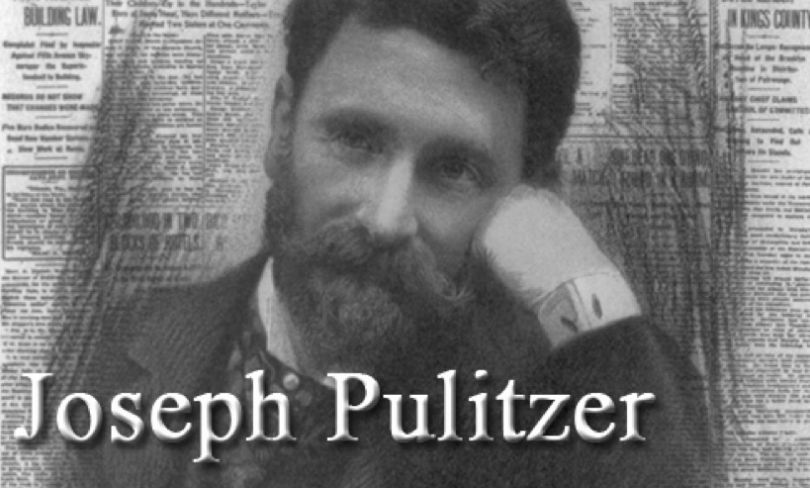

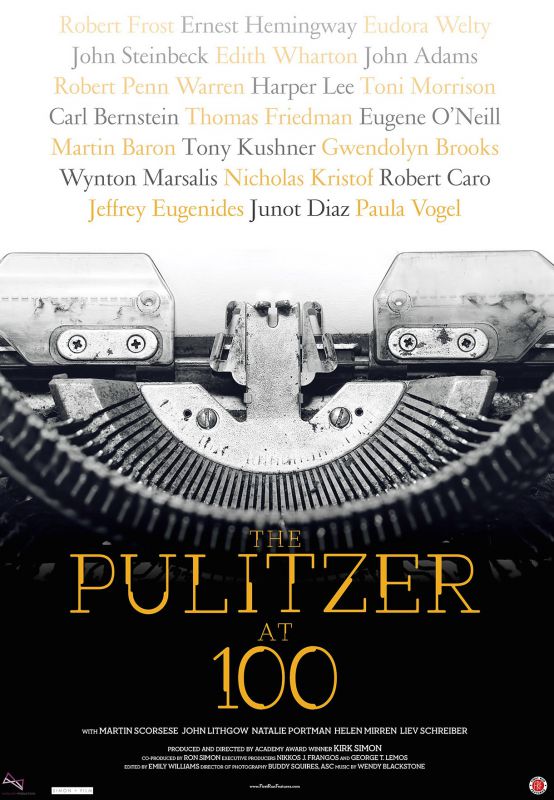
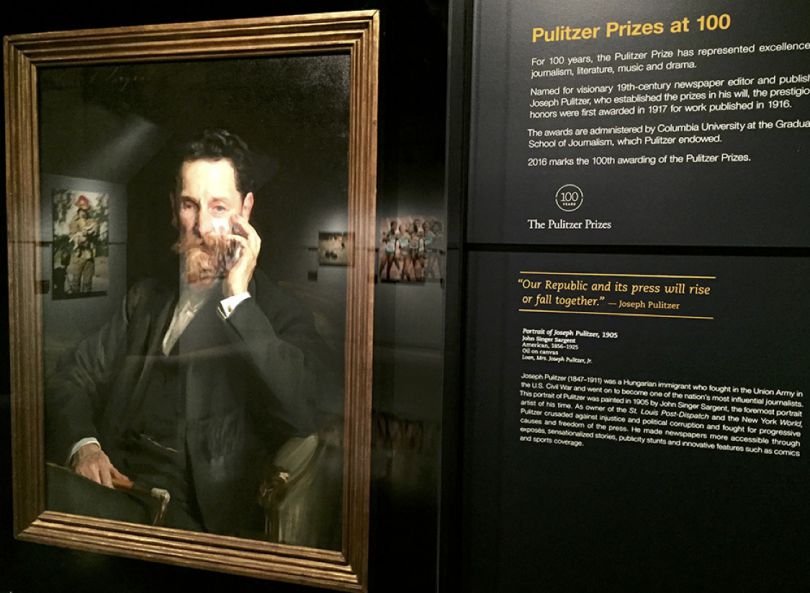
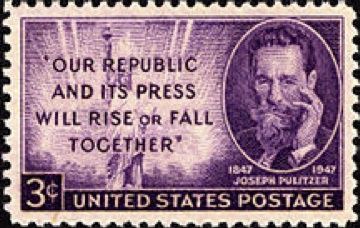

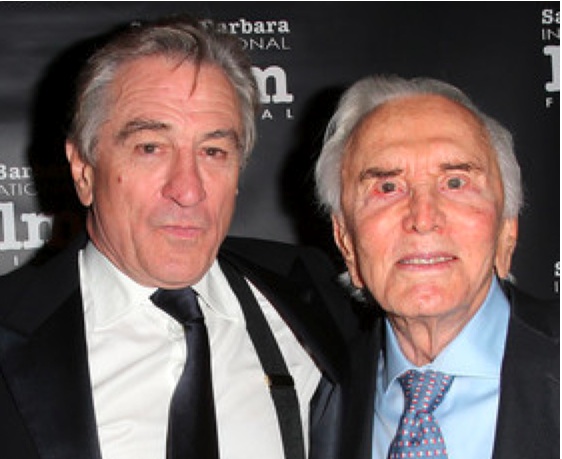
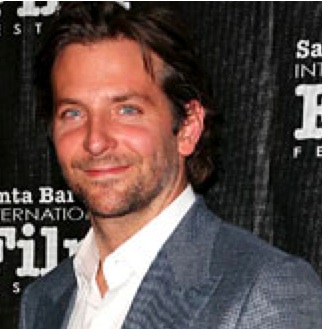
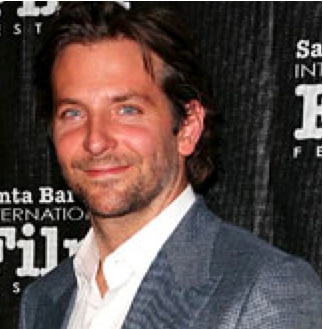

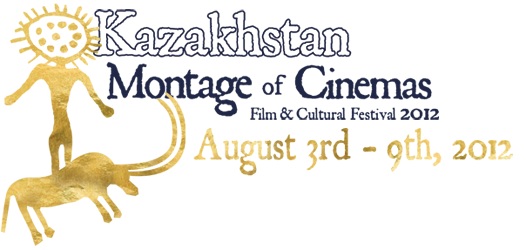

 Johnson Quendrith
Johnson Quendrith 


